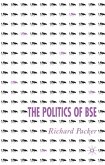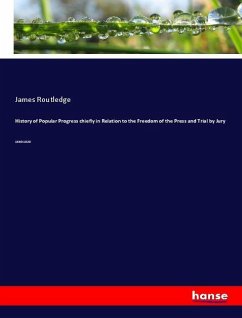Public opinion had roots in the nineteenth century with the develop ment of industrialization. What is this public? It is the mass of individuals who comprise a society or a nation; this mass in turn is divided into many groups, which have their own interests, prejudices, and beliefs. A govern ment, whether democratic or not, is well aware of the power of public opinion and is anxious to measure and shape it. All three branches of government may direct and educate public thinking, using the instru ments of propaganda. Propaganda is any idea and action designed to influence the views and actions of others. Today's means of propaganda are books, newspapers, radio, movies, television, public schools, and lastly the rostrum. Molders of opinion believe that words, sounds, and pictures accomplish little unless they are carefully organized and inte grated into a well-conceived plan. Once this is accomplished, the ideas 1 conveyed by the words will become part of the people themselves. Special techniques, such as the employment of fear and the play on prejudices, have been used quite succesfully by modern states to impose their own dogmas and policies. Because the social scientist has been aware of the study of public opinion, he may have concluded that it was a modern innovation; but governments have always been concerned with public opinion, though not always understanding it, and have attempted to influence it.








